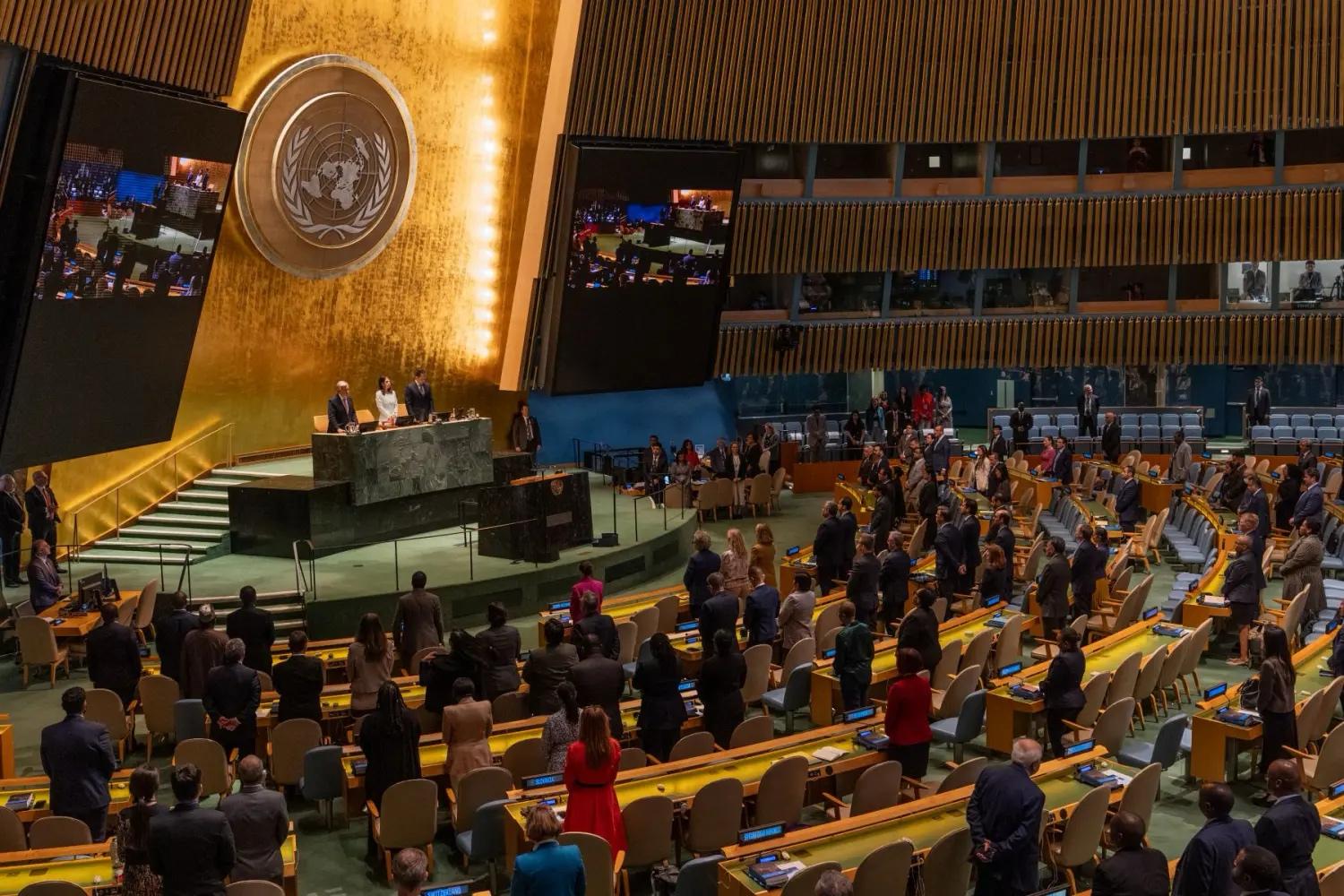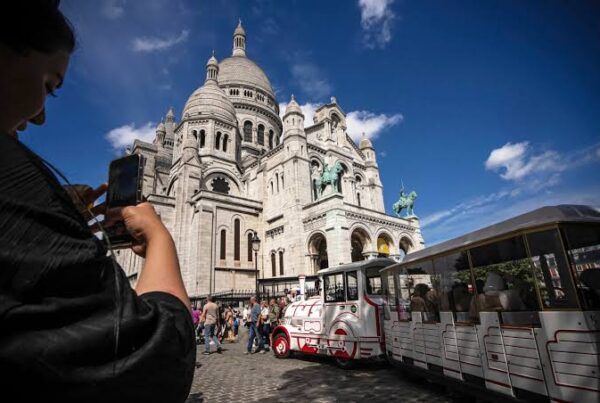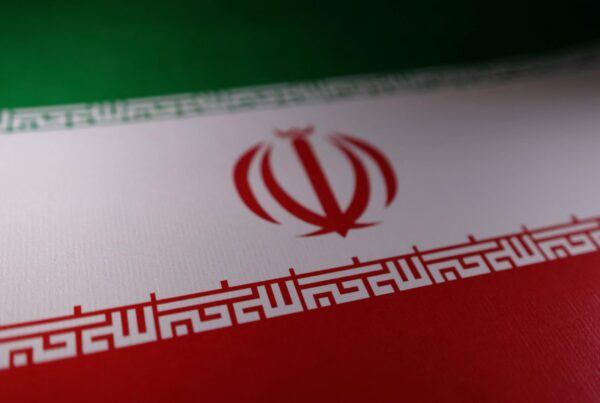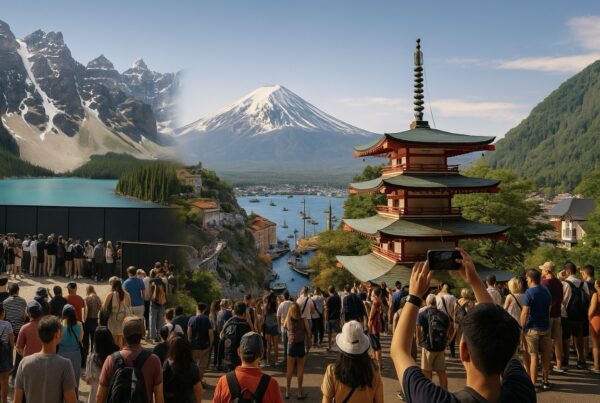The 80th Session of the United Nations General Assembly (UNGA 80) has entered its high-level week, held from 22 to 30 September 2025 in New York. The gathering brings together dozens of heads of state, government leaders, and senior officials from across the globe. They convene to debate and address the world’s most pressing issues, ranging from armed conflicts and climate crisis to growing inequalities in development.
In his opening speech, UN Secretary-General António Guterres underscored the importance of global solidarity. He stressed that the world is facing interconnected challenges that cannot be solved in isolation. Without concrete cooperation, every nation will suffer the consequences of international instability, whether through geopolitical conflicts or worsening climate disasters.
High-Level Week in Focus
The high-level week of UNGA has always been a crucial moment where world leaders present their national positions. This year, the agenda is more crowded than ever as unresolved issues from previous years return to the forefront.
Delegates highlighted international security threats, especially the ongoing war in Ukraine. Ukrainian President Volodymyr Zelenskyy once again warned the world not to view the crisis as solely Ukraine’s problem. He emphasized that allowing Russia’s aggression to continue would set a dangerous precedent for violations of international law elsewhere.
Beyond security, developing nations drew attention to widening development gaps. They demanded that wealthy nations fulfill their financial commitments to ensure the Sustainable Development Goals (SDGs) remain within reach before the 2030 deadline.
Global Security Challenges
Global security dominated early sessions. The war in Ukraine continues to split opinions. Western countries reaffirmed their support for Ukraine’s sovereignty, while others urged for an immediate ceasefire and peace negotiations.
Tensions in the South China Sea also received significant attention. Disputes involving China, the Philippines, and neighboring states raised fears of potential escalation. Several nations stressed the importance of safeguarding international trade routes through the region while upholding international maritime law.
In the Middle East, the prolonged fighting in Gaza stood out as another urgent issue. Arab countries demanded Israel halt its military operations, while Western nations reiterated Israel’s right to security. The discussions illustrated the difficulty of reaching consensus on such deeply divisive matters.
Sustainable Development and the SDGs
Sustainable development goals took center stage as new data revealed more than half of SDG targets remain off track. Developing nations criticized wealthy countries for failing to deliver on their financing pledges.
African representatives argued that without significant investment in education, health, and infrastructure, the continent’s youth face an uncertain future. Meanwhile, Southeast Asian nations called for stronger regional cooperation to reduce dependency on fossil fuels.
World leaders recognized that failure to advance the SDGs could destabilize societies and fuel future conflicts. They called for political promises to be translated into concrete action.
Climate Crisis Takes Priority
The climate crisis was one of the most urgent topics at UNGA 80. The Secretary-General emphasized that the world cannot afford to wait until 2030 to act. Climate impacts are already visible in devastating floods, wildfires, and record-breaking heatwaves.
Ahead of the COP30 climate conference in Brazil, leaders discussed new commitments to cut emissions. Several European states reaffirmed their pledge to reach net-zero by 2050, while developing countries demanded access to financing for clean energy transitions.
Tensions flared over unmet financial promises. Wealthy nations were accused of failing to deliver the $100 billion per year pledged for climate finance. Developing countries warned that without funding, meaningful action on emissions reduction would remain out of reach.
Bilateral Diplomacy and Closed-Door Meetings
Beyond the official speeches, UNGA 80 is also a hub of behind-the-scenes diplomacy. The presidents of the United States, Russia, and China are scheduled to meet separately with other world leaders to discuss key strategic issues. These private talks are expected to cover nuclear arms control, regional conflicts, and global economic cooperation.
Observers suggest that it is often these closed-door meetings, rather than the public sessions, that shape the real outcomes of the Assembly. Behind the podium, global powers are negotiating compromises that could ease tensions or strengthen their geopolitical positions.
Expert Reactions and Analysis
International relations experts view UNGA 80 as a major test for multilateralism. They argue that the world is at a crossroads: either nations strengthen global cooperation or risk further fragmentation. Without consensus, the credibility of multilateral forums may weaken further.
Climate analysts stress that this session is a vital step toward COP30. They believe that every climate commitment announced at UNGA will set the tone for negotiations in Brazil.
Meanwhile, security analysts noted that the conflicts in Ukraine and Gaza highlight the failure of existing international mechanisms to prevent war. They urge reforms to the UN Security Council to improve legitimacy and effectiveness.
UNGA 80 demonstrates just how complex and interconnected today’s global challenges are. From geopolitical conflicts to the climate crisis, all issues demand collective solutions. The Assembly serves as a reminder that without joint commitments, every country will face greater risks in the years ahead.
For more in-depth analysis and the latest updates on global diplomacy, readers can continue exploring related coverage on Olam News.






